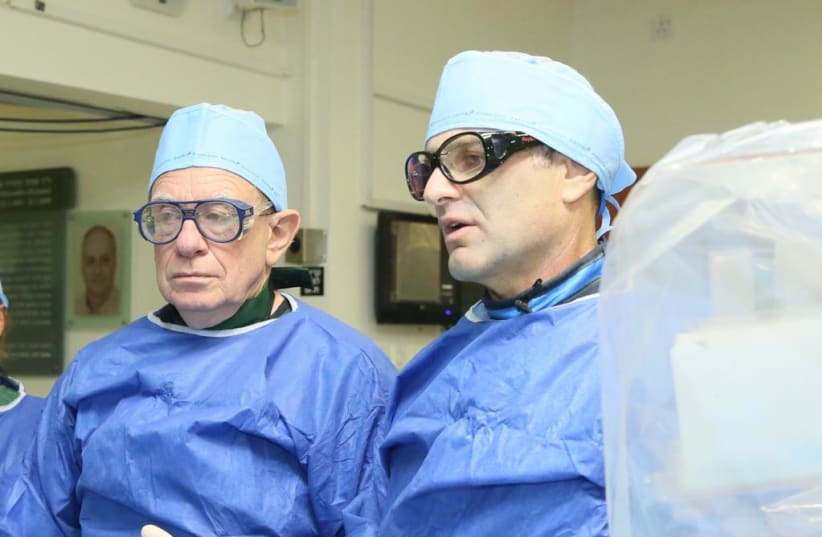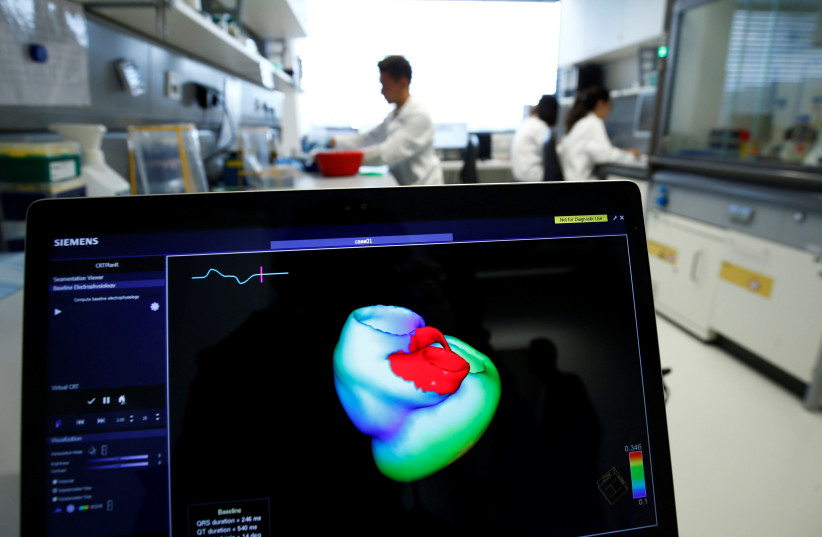Artificial intelligence, robotics and other new technologies are revolutionizing the field of cardiology, according to Rambam Health Care Campus Prof. Rafael Beyar.
“Cardiology has been going through dramatic changes in the past few years,” says Beyar. “There are several fields where we are witnessing those changes. First I would refer to digital health, and the development of better and quicker tools, based on artificial intelligence, for diagnosing heart attacks, strokes, pains and so on.
“Nowadays, there are many ways to monitor patients, from smartwatches to patches to special cameras that can be installed in one’s home, all of which collect information that can be sent to hospitals.”
Beyar is one of the organizers of the conference Innovation in Cardiovascular Interventions that will take place in Tel Aviv on December 5-7. The conference will bring together hundreds of medical professionals, entrepreneurs in the medical field and researchers.
Another area that has experienced dramatic progress recently involves heart valves. The heart has four valves that keep the blood flowing from one direction to the other.
“Until recently, all problems connected to valves had to be solved with surgery, open-chest procedures that would also involve several weeks of recovery,” Beyar said. “Now, some alternative therapies exist but not for all problems, and there are several companies in Israel and abroad that are working on developing more solutions.”
Robotics is also an important area of innovation in cardiology, the expert pointed out.
“There have been important developments in employing robotics to perform procedures guided by a surgeon,” said Beyar. “This could allow someone to perform surgery remotely where a patient is somewhere no doctor is available.”
Israel, known for its innovative culture, is a very fertile ground for change he said. It is “unique because it has developed many technological solutions that can be tested in Israel, and the regulatory process is relatively efficient.”
Asked whether it is hard to adapt change in medicine, the professor said that it tends to be cautious because it is important to ensure safety first.
“However, cardiology is a discipline where things happen very fast,” Beyar said. “I am an interventionist cardiologist and I was there when stents started to be used,” referring to the small devices used to treat narrowed arteries. “I can tell you that within five years, stents went from being used in 10% of relevant procedures to over 90%.”
In the future, says Beyar, the question will be how digital health tools are going to change the way patients are monitored remotely.
“The coronavirus pandemic has already changed things very fast in this way, but we will have to wait and see how the trend develops,” he concluded.


